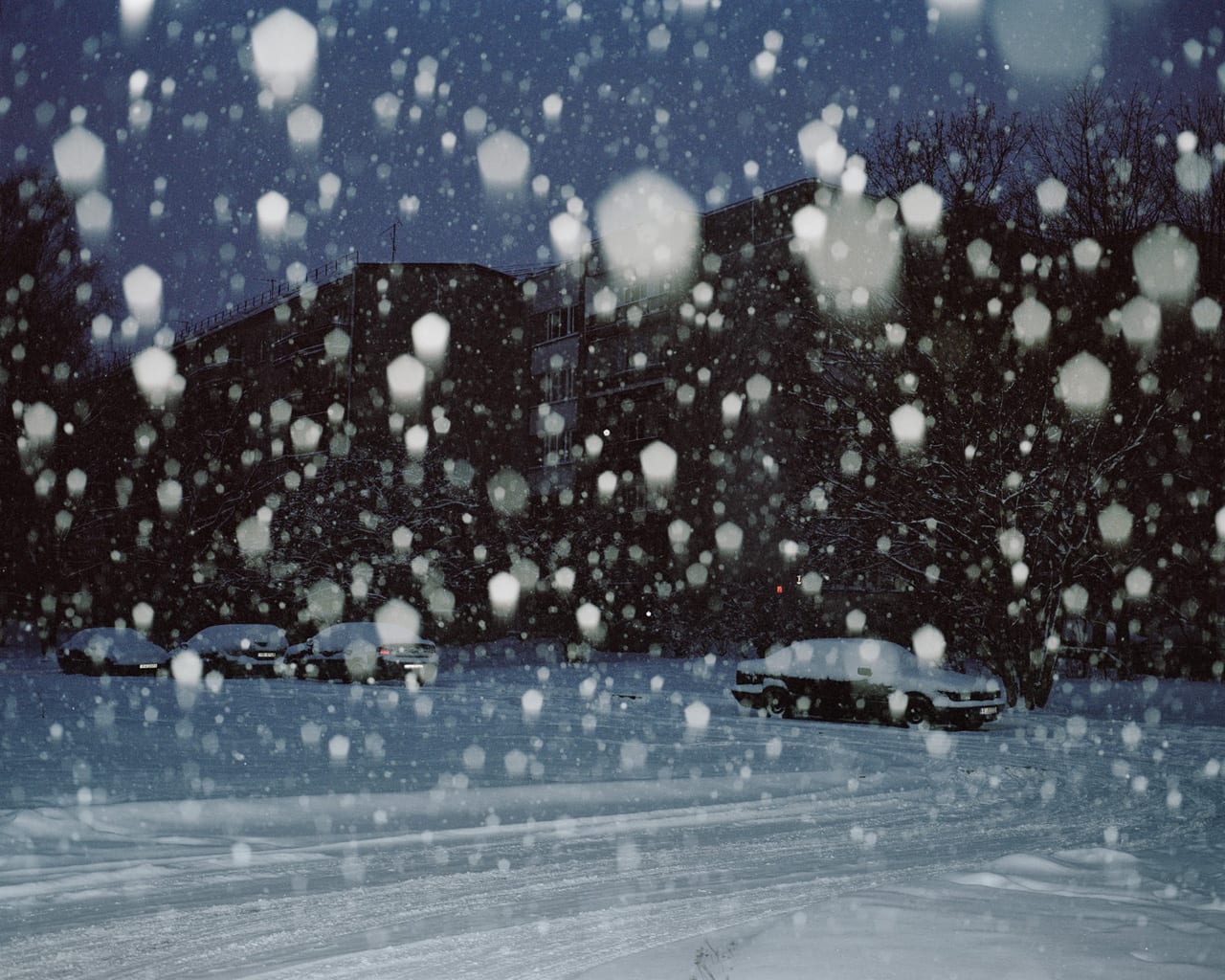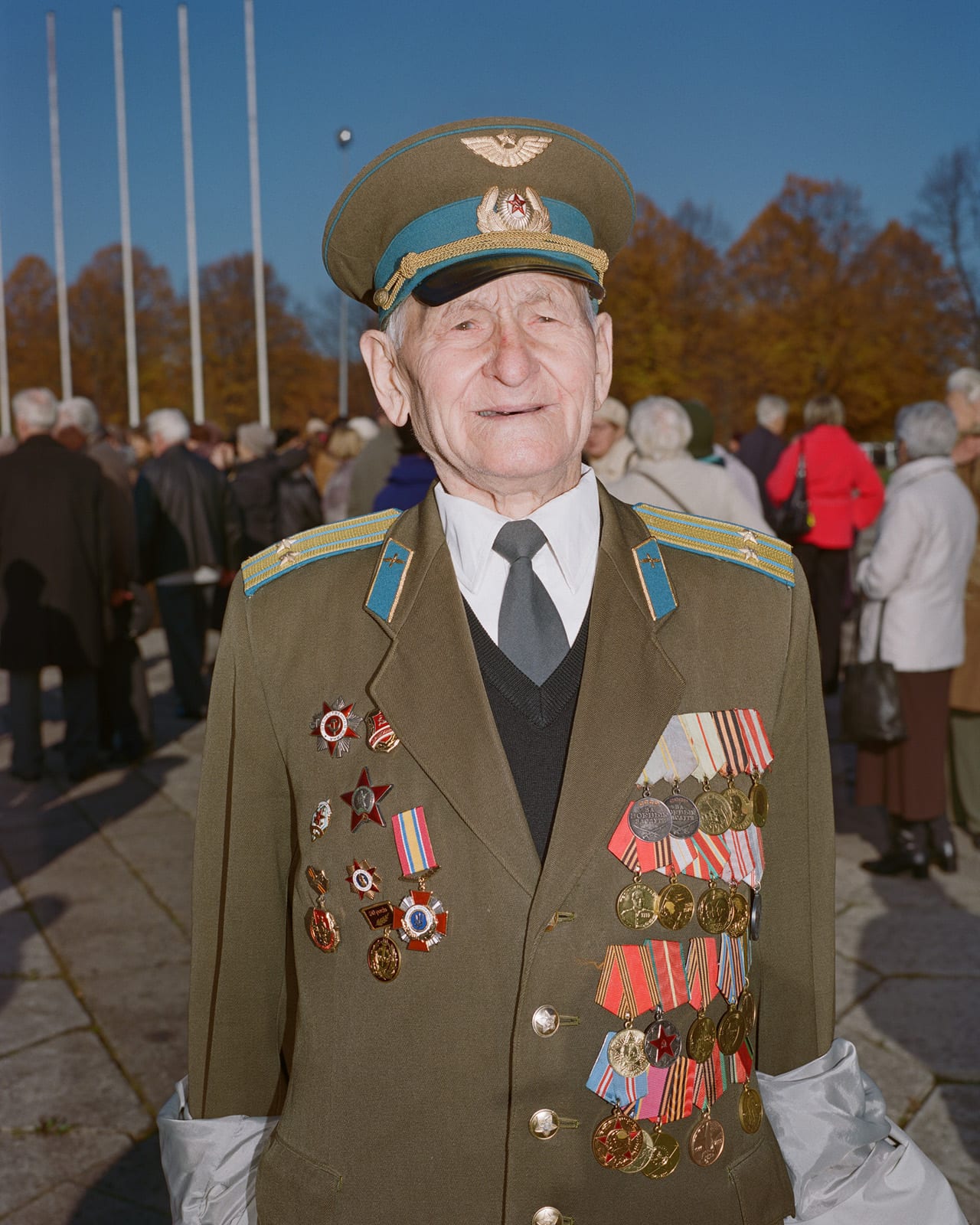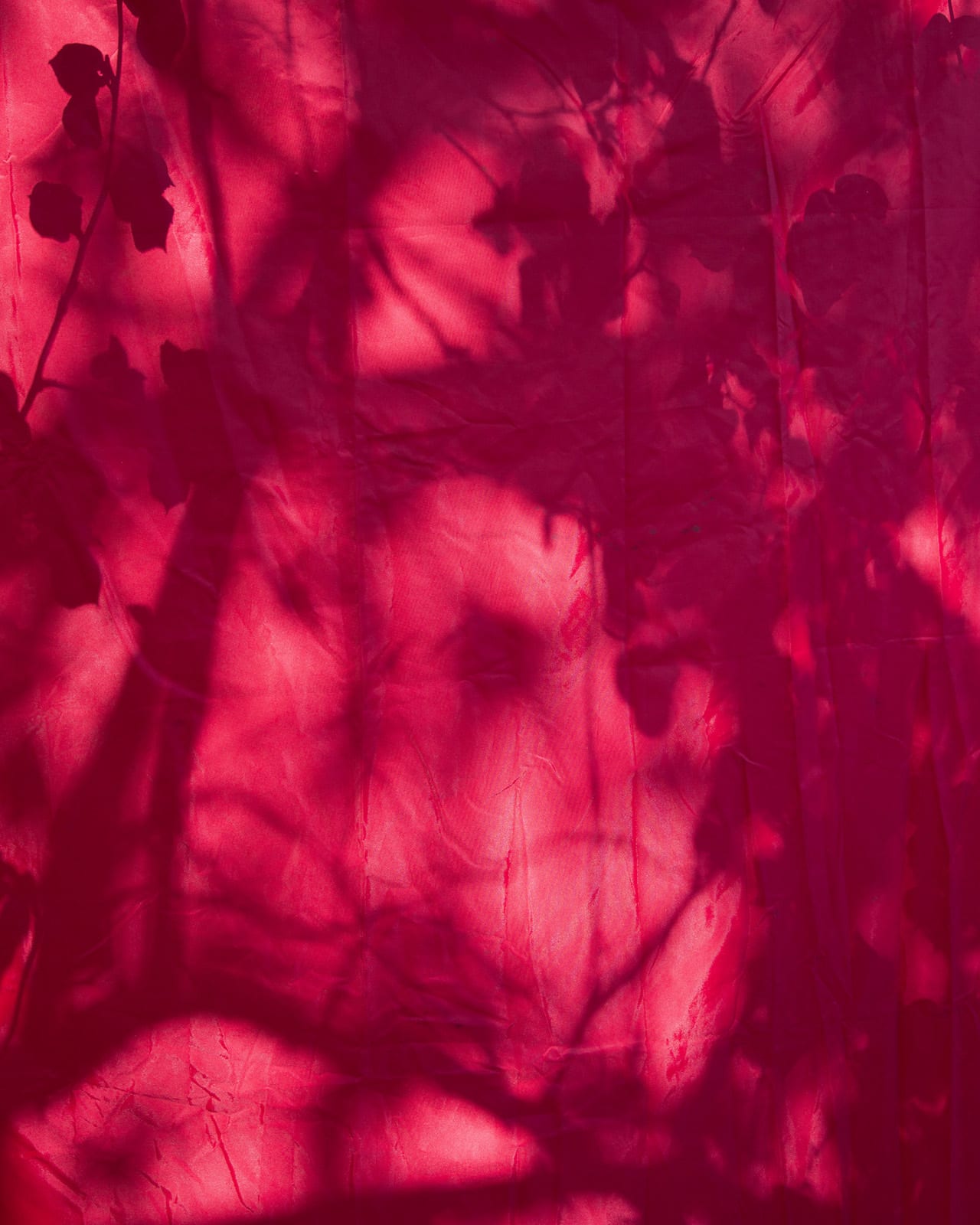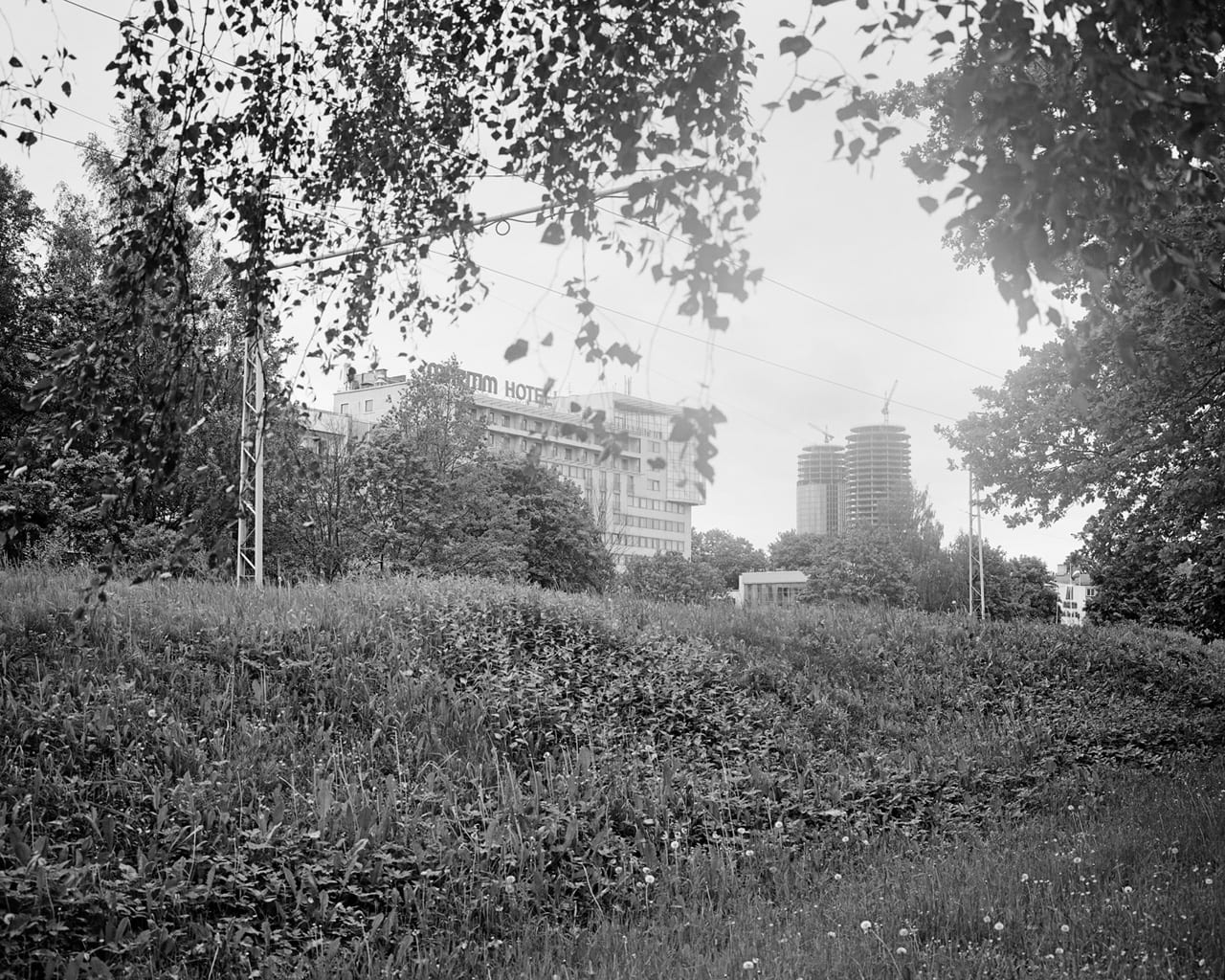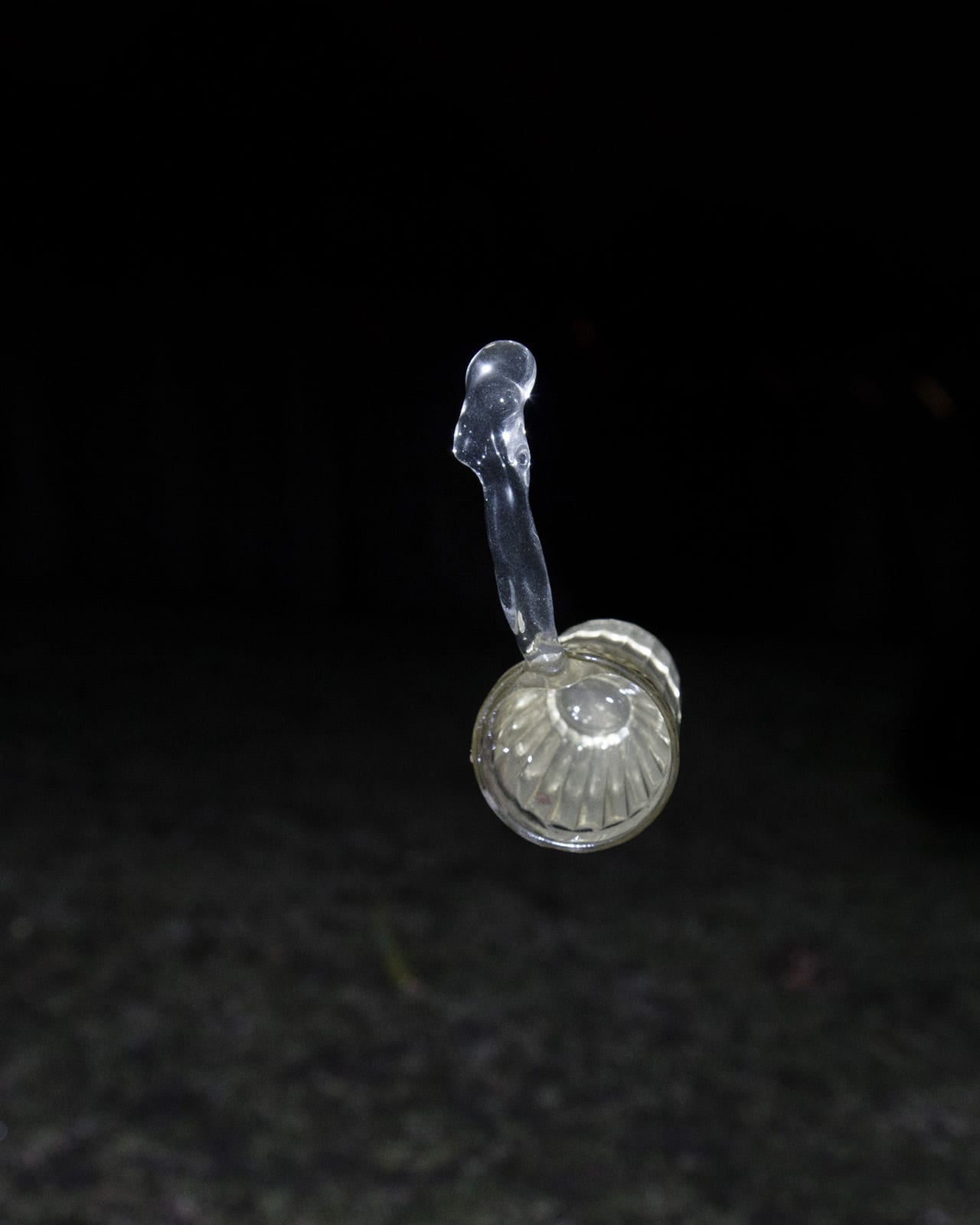“One could easily say there’s nothing to photograph there, because it’s just like any other park,” says Latvian photographer Arnis Balcus of Victory Park. Situated in Latvia’s capital Riga, Victory Park [‘Uzvaras Park’] was officially opened in 1910, in the presence of Tsar Nicholas II and the Mayor of Riga. But, as Balcus explains, “it is a park with a complex history”.
First built to commemorate Latvian independence, the park was given its current name after the Soviet victory over Nazi Germany in WWII, and as such “embodies the historical trauma of a small Baltic nation”, says Balcus. It’s famous for its Victory Monument which, at 79m high, looms over Riga’s skyline and provides a daily reminder of the controversial issue it signifies.
Victory Park is also known for the celebrations that take place there on 09 May, when the local Russian community gather there to mark Victory Day. “Of course, it’s more than just a party in the park,” notes Balcus. “It is a collective ritual that defines their identity.
“I took the first images in Victory Park ten years ago, at a time when I was starting to become more interested in subjects related to my country,” he adds, “especially the way we deal with the Soviet legacy.”
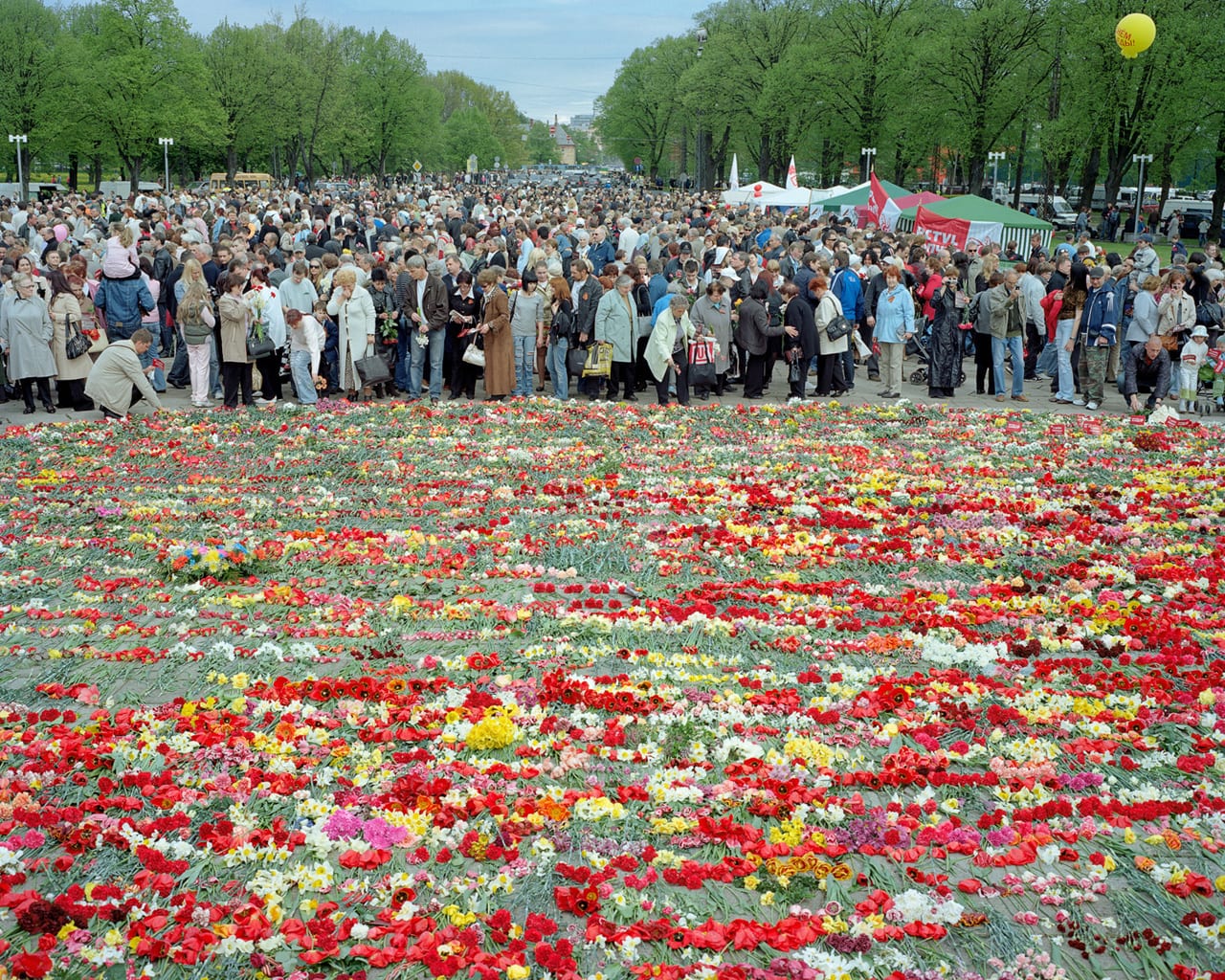
Born in Riga in 1978, Balcus first won recognition in 2003 with a series on the daily lives of young Latvians titled Myself, Friends, Lovers and Others. It won acclaim and solo shows in major cities across Europe, and helped him win a place on the University of Westminster’s prestigious MA. After studying in London from 2004-05 he moved back to Riga, where he now teaches photography, edits FK Magazine, and co-organises Riga Photomonth.
He worked on the images in Victory Park for four years, starting – as is often the case for him – by collecting information, creating something that seemed “quite photojournalistic or forensic”. After that stage he tried to break away and do “something completely different”, adding a more oblique take on his subject. “At some point, I felt like I knew every corner of the park,” he says.
The finished book, designed by Tom Mrazauskas and published by Brave Books, resembles a kind of visual diary, a cut-and-paste of random encounters in and around the park. “In my latest projects, including Victory Park, I use all kinds of techniques such as reportage, staged shots, etc,” says Balcus. “The hardest part is to combine all the elements in a way that you feel works, even though sometimes it doesn’t make sense.
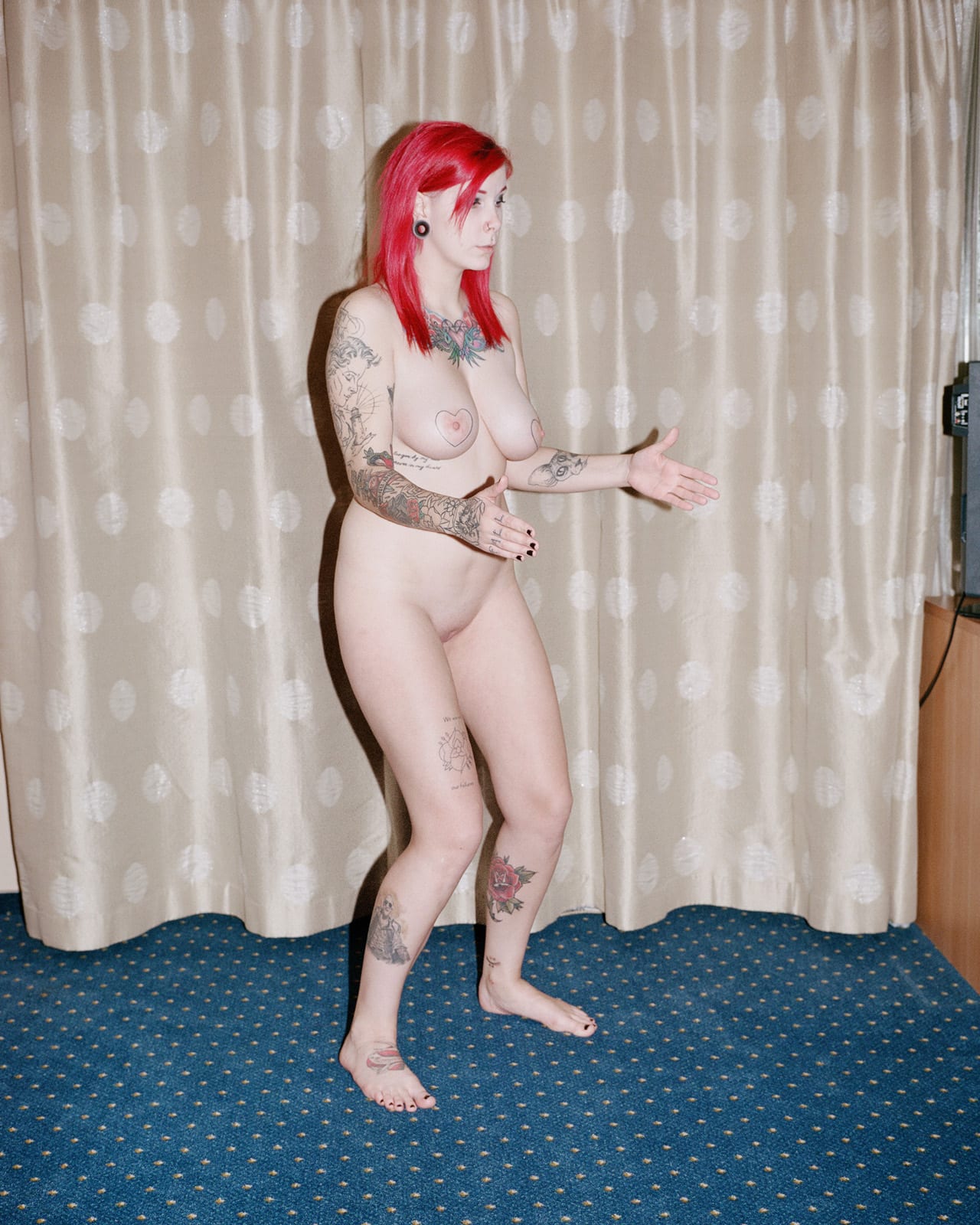
“I guess my aim is to raise awareness about certain complicated subjects related to the place where I’m from,” he continues. “However, it’s hard to say what a viewer can take away from the work – I am not really telling a linear narrative, it’s an artistic improvisation.
“This means that there’s a risk that for some, it could create even more confusion, misconception and ignorance. But I hope for some it can also trigger intrigue.”
www.balcus.lv Arnis Balcus’s book Victory Park is published by Brave Books https://bravebooks.berlin/#victory-park
Victory Park is on show at the Central European House of Photography in Bratislava until 06 May 2018 www.sedf.sk
